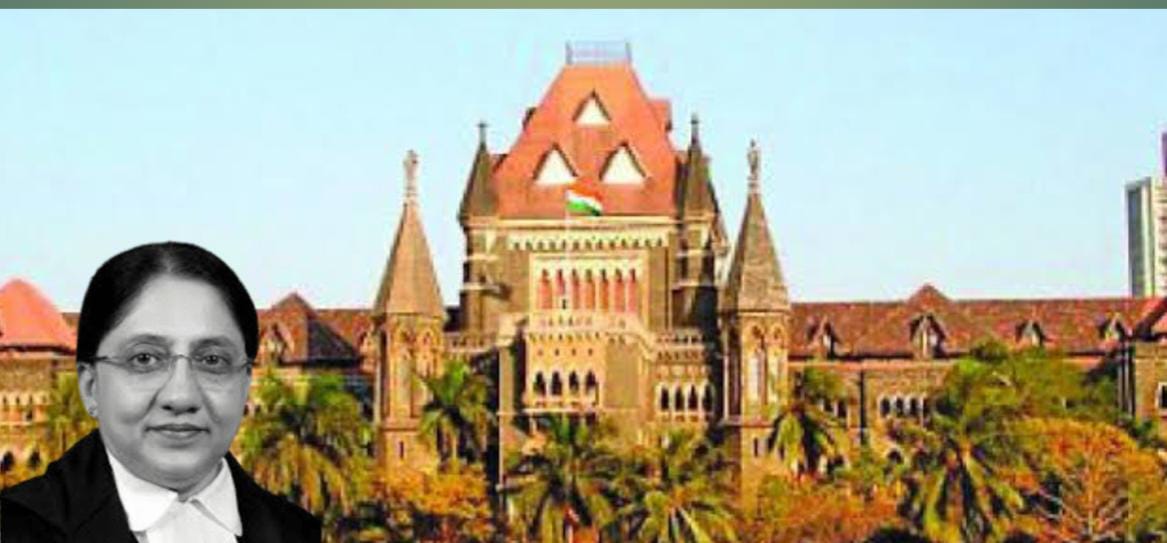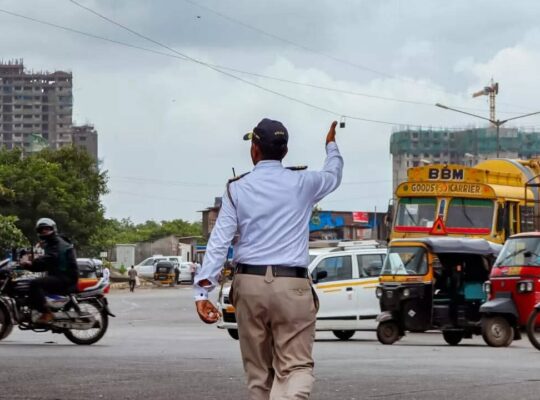Court Criticizes State and Educational Institution for “Shocking” Overreach, Emphasizes Reformative Approach Over Punitive Action
Mumbai, May 27, 2025 — The Bombay High Court on Monday ordered the immediate release of a 19-year-old engineering student from Pune who had been arrested and rusticated from college over a social media post related to ‘Operation Sindoor’ — a recent military operation carried out by India in Pakistan-occupied Kashmir.
The student, a second-year Information Technology undergraduate at Sinhgad Academy of Engineering, was arrested on May 9 despite having deleted the Instagram post in question and issuing a public apology. Following her arrest, she was lodged at Yerwada Central Jail. Her college subsequently rusticated her without conducting any inquiry or affording her the opportunity to present her side.
The court’s vacation bench, comprising Justices Gauri V. Godse and Somasekhar Sundaresan, delivered a sharp rebuke to both the Maharashtra government and the educational institution, describing their response as “absolutely shocking” and grossly disproportionate.
“While institutions are entitled to enforce discipline, the measures must be reformative, not destructive,” the bench observed, stressing that students must not be subjected to punitive actions that can derail their academic and personal lives.
The court ordered the student’s immediate release from custody, stayed the rustication imposed by the college, and directed the institution to issue her hall ticket and allow her to appear for her ongoing semester examinations without delay.
The ruling reaffirms the judiciary’s role in upholding constitutional values such as the right to free expression and access to education, particularly in cases involving young individuals. The bench emphasized that freedom of speech must be protected, even when institutions or the state find a particular expression disagreeable.
Legal experts hailed the decision as a significant reminder that disciplinary measures must be proportionate, and that institutions, especially academic ones, should prioritize education and rehabilitation over punitive action.
The student’s legal counsel welcomed the ruling, stating that it restores not only her personal dignity but also reaffirms the principles of justice for thousands of students across the country.











